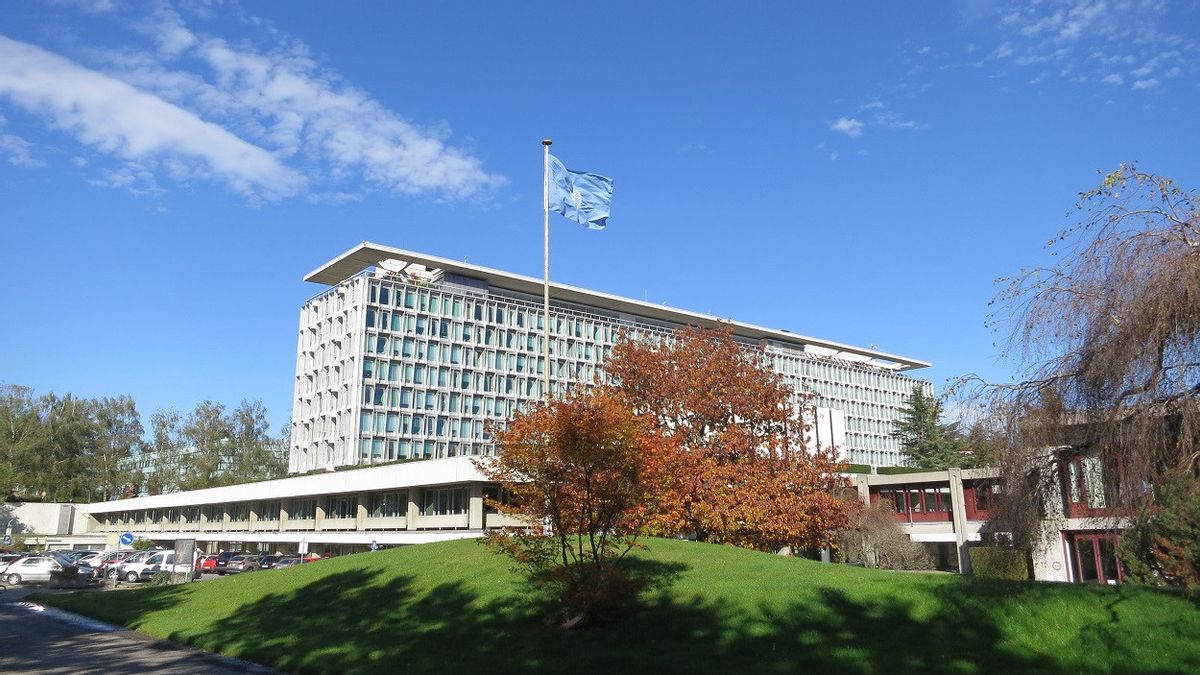
JAKARTA - The World Health Organization (WHO) says nearly 200 cases of monkeypox have been reported in more than 20 countries that normally do not have cases of the disease.
Even so, the WHO described the epidemic as controllable, proposing to make a limited share of vaccines and medicines available in a equitably and globally available supply.
In a statement Friday, the WHO said there were still many unanswered questions about how the current epidemic emerged. However, there is no evidence that genetic changes in the virus are responsible for the unprecedented epidemic.
"The first sequencing of the virus showed the strain was no different from the strains we can find in endemic countries. (This outbreak) may have been caused more by changes in human behavior," said WHO Director of Pandemics and Endemic Diseases Dr. Sylvie Briand, launches AP May 27.
Earlier this week, a top WHO adviser said outbreaks in Europe, the US, Israel, Australia and beyond may be linked to sex at two recent raves in Spain and Belgium.
That marks a significant departure from the typical pattern of disease spread in central and west Africa, where people are primarily infected by animals, such as rodents and wild primates, with outbreaks not yet spreading across borders.
Meanwhile Briand of the WHO said, based on how past disease outbreaks in Africa had developed, the current situation appeared to be 'controllable.'
However, he said the WHO expects to see more cases reported in the future, noting "we don't know if we are just seeing the tip of the iceberg (or) if there are more undetected cases in the community."
Meanwhile, given the limited supply of smallpox vaccine globally, WHO emergency chief Dr. Mike Ryan said it would work with member states to potentially develop centrally controlled supplies, similar to those it had helped to distribute during outbreaks of yellow fever, meningitis and cholera in countries that could not afford them.
"We're talking about providing vaccines for targeted vaccination campaigns, for targeted therapies," Ryan said.
"So the volume need not be large, but each country may need access to a small amount of vaccine," he said.
It is known, most monkeypox patients only experience fever, body aches, chills, and fatigue. People with more serious illnesses may develop rashes and sores on the face and hands that can spread to other parts of the body.
The English, Chinese, Japanese, Arabic, and French versions are automatically generated by the AI. So there may still be inaccuracies in translating, please always see Indonesian as our main language. (system supported by DigitalSiber.id)







